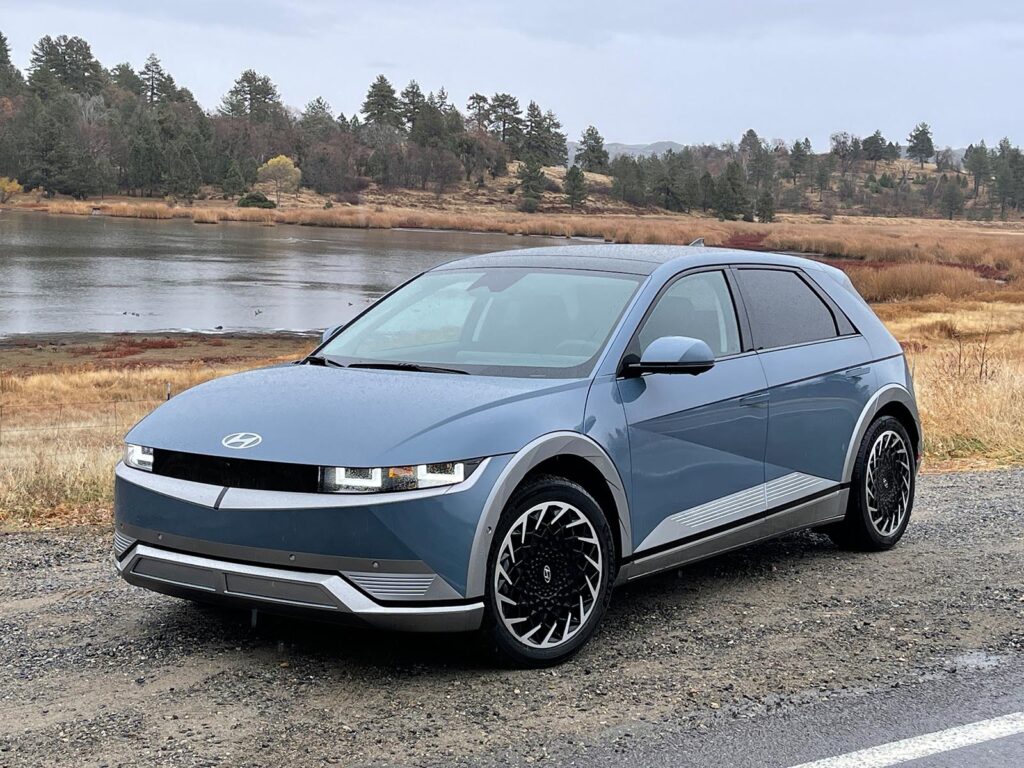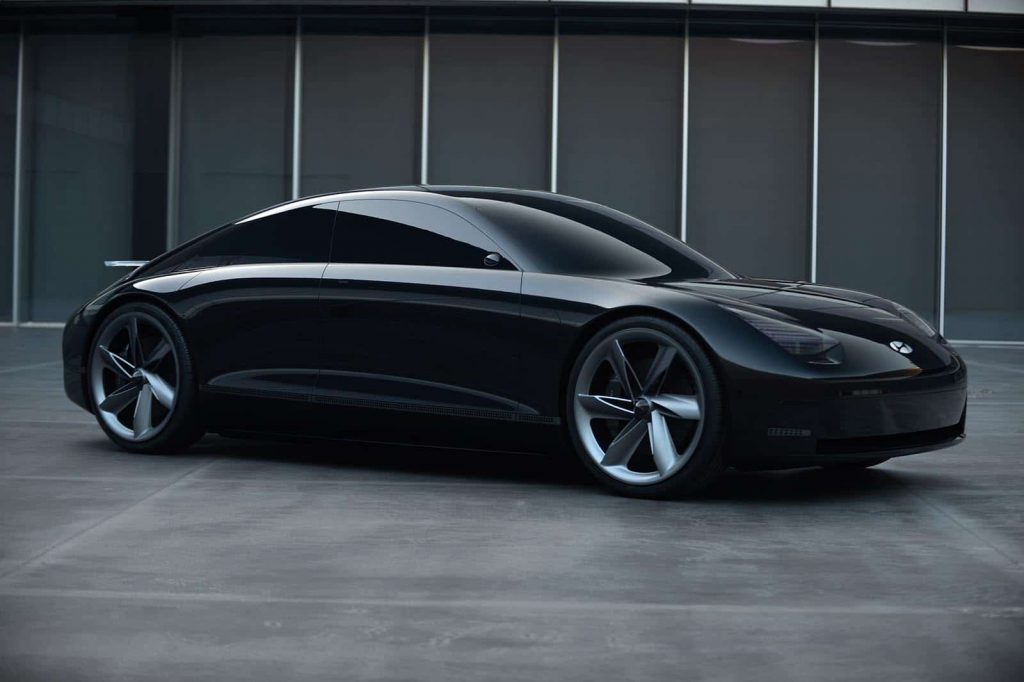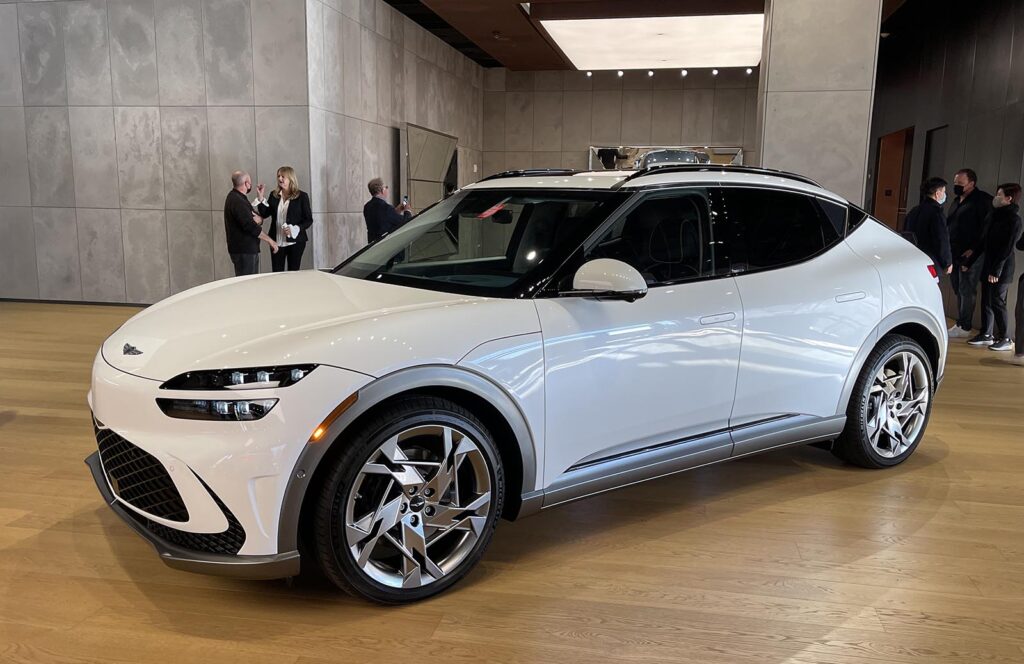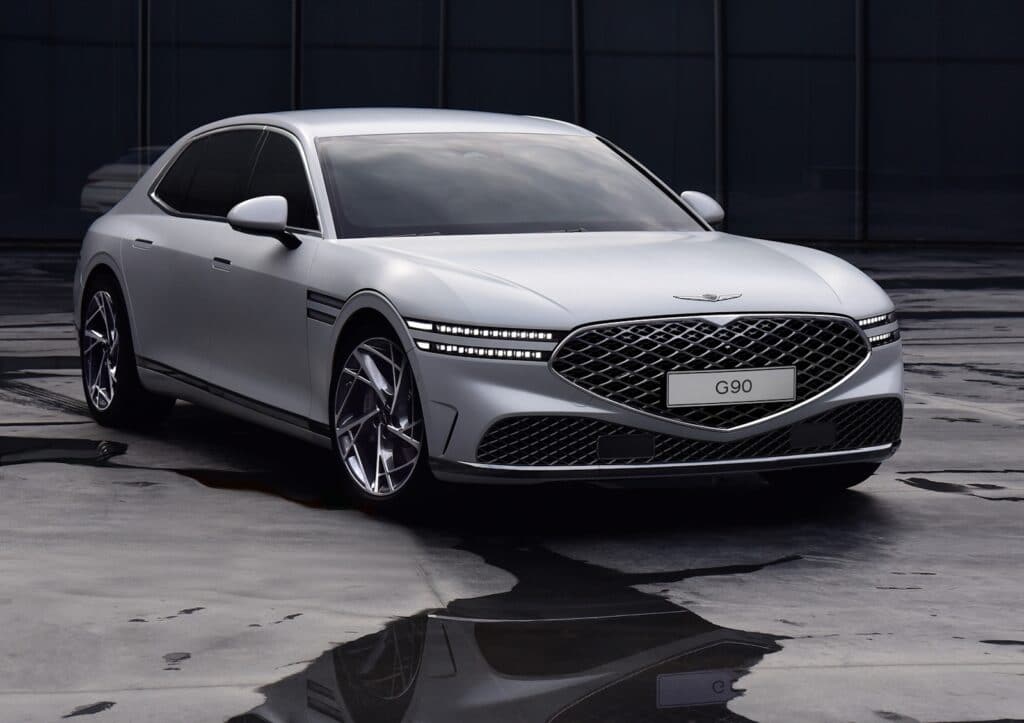Hyundai Motor Co. officials announced Wednesday the company will spend $16.2 billion ($19.4 trillion won) to introduce 17 new battery electric vehicles by 2030; with 11 slated for Hyundai and six scheduled for Hyundai’s Genesis luxury brand.

The company is expecting to sell 1.87 million of the new all-electric vehicles and capture 7% global market share by 2030. At the same time, the company is anticipating a 10% operating margin.
Previously, the company expected to sell 560,000 EVs annually by 2025.
“Hyundai is successfully accelerating its transition to electrification and becoming a global leader in EVs despite a challenging business environment caused by the global chip shortage and ongoing pandemic,” said President and CEO Jaehoon Chang.
“Along with our seamless efforts to improve EV value, Hyundai Motor will continue to secure its business sustainability as a mobility solutions provider through advanced technologies of not only hardware, but also software.”
Chang presented the plans at the company’s 2022 CEO Investor Day.
Not an unexpected move
But the move comes as no surprise. In December 2021, Hyundai’s new R&D boss, Chung-Kook Park announced the company would be abandoning the development of internal combustion engines in favor of battery-electric propulsion.
As TheDetroitBureau.com reported at the time, 12,000 Hyundai employees working on internal combustion technology were to be transferred to EV powertrain programs.

What we can expect to see
Hyundai will expand its battery electric vehicle line-up with three sedan models, six SUVs, a light commercial vehicle and a vehicle that Hyundai described as “a new type of model.”
As reported by TheDetroitBureau.com in September, Hyundai reconfirmed that it will begin selling the Ioniq 6 this year, a vehicle that is expected to borrow heavily from the Prophecy show car it displayed in March 2020. The Ioniq 7 will follow the Ioniq 6 in 2024.
Genesis, Hyundai’s luxury brand, will see its BEV line-up grow with the arrival of two passenger cars and four SUVs, including an electrified GV70 launching this year. Starting in 2025, all new Genesis models will be electrified.
The new vehicles use Hyundai’s first all-electric platform, the E-GMP, which the company said would underpin 23 battery-electric vehicles by 2025. Products now reaching showrooms, including the Hyundai Ioniq 5, and Kia EV6 as well as the forthcoming Genesis GV60 use the vehicle architecture. The company’s other BEVs, including the Hyundai Kona EV and Genesis Electrified G80, use conventional platforms modified for battery power.
But how many of these Hyundai, Genesis and Kia vehicles are slated for the U.S. market remains unclear.
How the company will reach its goals

One of the key ways Hyundai plans to support its EV growth is by increasing production of the batteries it procures though its alliances with battery companies, including the U.S. The company stated it has sufficient supplies of batteries through 2023, but plans to obtain 170 GWh of batteries for its models, including Genesis, by 2030.
The move even as the OEM is working with its suppliers in developing a solid-state battery, including Factorial Energy of Woburn, Massachusetts, a move Hyundai and Kia announced in October 2021.
But the E-GMP platform the company is currently using will be supplanted in 2025 by a new one dubbed the Integrated Modular Architecture, or IMA, derived from E-GMP. IMA will use one of five standardized motors and a standardized battery system, rather than the different types of battery packs currently employed for each model. Hyundai is expecting the new system will reduce costs.
Software to get a significant boost
The company is also seeking to develop new software architecture that will include over-the-air update capability. It is expected to launch at the end of 2022, and populate all Hyundai vehicles by 2025. The OEM is also planning to reduce the number of integrated control units by one-third by 2030.

More significantly, the company plans to introduce Highway Driving Pilot, or HDP, its Level 3 autonomous driving software, in the Genesis G90 in the second half of this year. But don’t expect to see it anytime soon in the United States. Level 3 autonomous driving systems aren’t yet legal in the U.S.
The company also expects Motional, the autonomous driving joint venture between Hyundai Motor Group and Aptiv, plans to expand the service area of an Ioniq 5-based robotaxi following its commercial service commencement in 2023. It plans to expand further with for use by Uber Eats.
Finally the company expects to enhance software competitiveness to include mobility, connectivity and other services based on data in new specialized software development centers worldwide. In all, the company expects to spend $9.95 billion (12 trillion won) to boost competitiveness in software.
Once its software targets are realized in 2030, Hyundai anticipates software-related businesses revenue to account for 30% of its sales.







